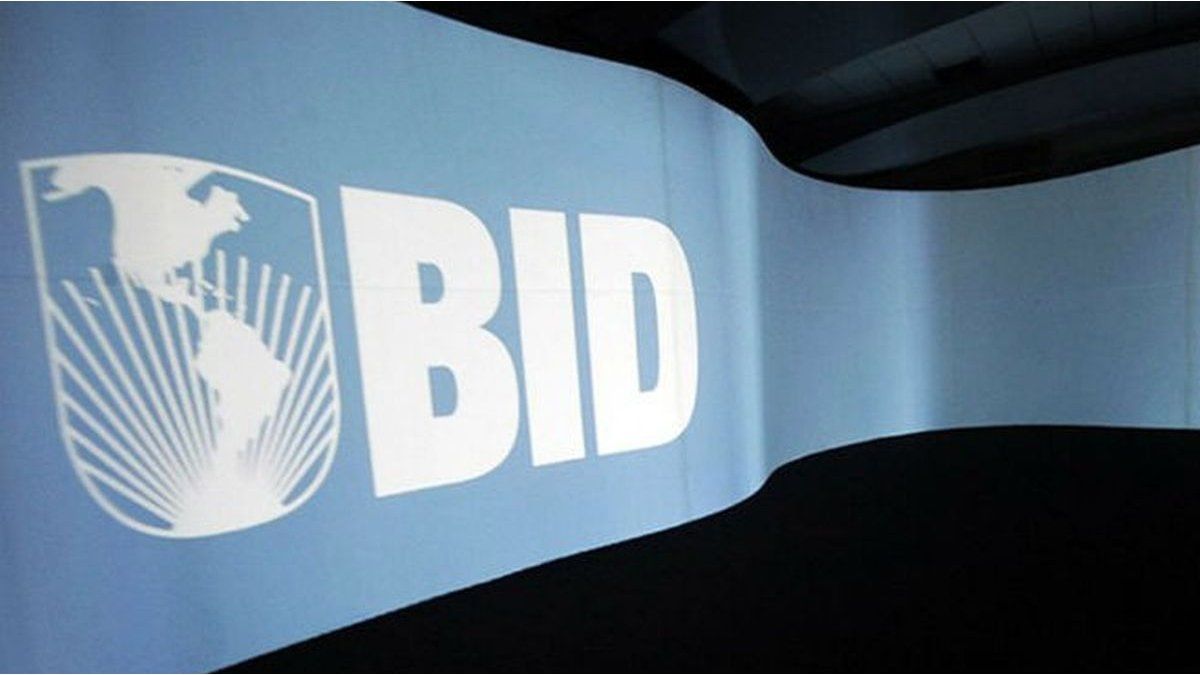Fuel remains expensive in Germany. Although the diesel price has normalized compared to petrol in the first half of the year, the ADAC considers both to be too high.
According to ADAC, fuel prices in Germany are too high. Although premium petrol and especially diesel were much cheaper in the first half of the year than in the same period of 2022, the traffic club’s fuel market expert, Jürgen Albrecht, still sees a lot of room in the prices.
On average, Super E10 cost 1.774 euros per liter in the first half of the year. That was 13 cents less than in the first half of 2022, as the ADAC announced on Monday. In the case of diesel, which cost an average of 1.691 euros for the first half of the year, the gap is even higher at a good 22 cents per liter. However, the Ukraine war in the first half of 2022 also caused unprecedented price peaks.
Premium petrol was the cheapest this year at 1.692 euros per liter in mid-January, and diesel at 1.556 euros at the beginning of June. “It is striking how much the price of diesel has fallen in the last six months,” said Albrecht. “But that’s actually just normalization compared to the extreme swings of the past year.”
Petrol: around 10 cents more expensive since December
On Sunday, premium petrol cost a nationwide daily average of 1.788 euros per liter, diesel 1.602 euros. In Albrecht’s opinion, both prices are too high. Gasoline, for example, has risen by around 10 cents since December, although both the price of oil and the dollar have fallen since then, which should make fuel cheaper.
A quick change is hardly in sight: “It is unlikely that prices will fall quickly in the coming weeks,” said Albrecht. “Unfortunately, some consumers have gotten used to the higher fuel prices because they still remember the extreme values from the previous year.” In addition, commuters sometimes have no alternative, he explained. “That slows down the competition that is necessary for falling prices. Because the mineral oil companies and refineries will hardly voluntarily give up the more comfortable margins that they have established since 2022.”
All in all, it is difficult to foresee the further development of fuel prices, said Albrecht. But as long as there are no strong fluctuations in the oil market, no major movement is to be expected at the gas stations either. “In autumn, however, the gap between diesel and petrol will probably decrease again. It typically does so because diesel is increasing compared to petrol due to the increasing demand for heating oil.”
Albrecht also advises anyone setting off on their summer vacation by car to fill up the tank the evening before the trip. Then the fuel is usually a few cents per liter cheaper than in the morning.
Source: Stern




